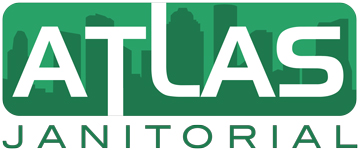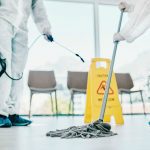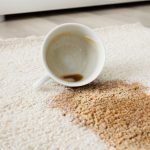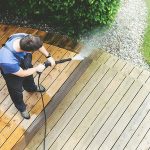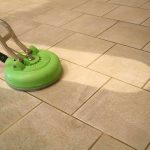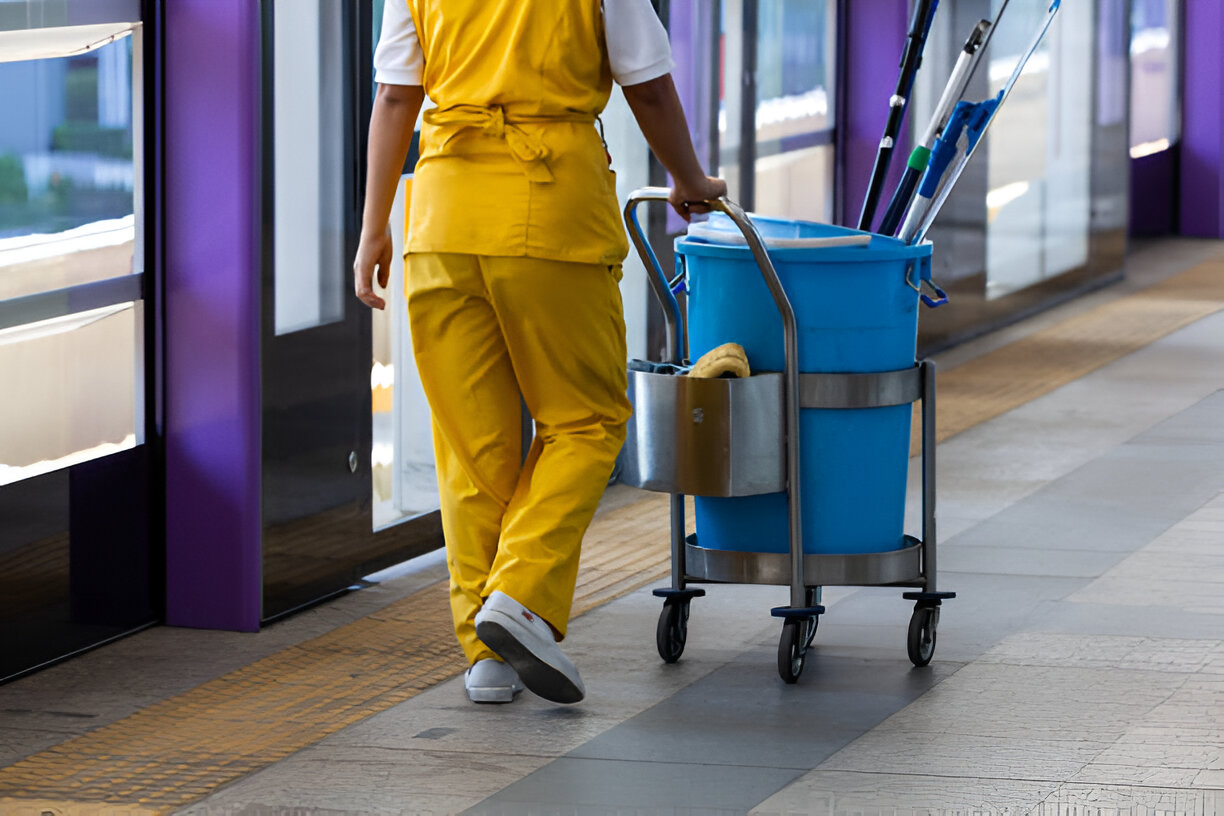Introduction
In 2025, Houston businesses face new challenges in maintaining clean and healthy workplaces. Beyond appearances, a well-maintained office directly influences employee productivity, customer impressions, and compliance with health and safety standards. With heightened awareness of workplace hygiene in recent years, facility managers and business owners cannot afford to overlook structured cleaning practices.
This guide provides a comprehensive office cleaning checklist tailored to Houston businesses. It covers daily, weekly, and deep cleaning routines that ensure compliance, enhance efficiency, and promote a professional work environment.
As a trusted partner for commercial cleaning solutions in Houston, Atlas Janitorial Services aligns its professional services with industry best practices to support businesses in maintaining safe and productive workplaces.
Why Office Cleaning Matters More in 2025
Health and Hygiene Standards
Houston’s humid climate creates conditions where dust, mold, and allergens thrive. A structured cleaning schedule helps reduce risks of illness and allergies, keeping employees healthier year-round.
Productivity and Employee Morale
Studies consistently show that employees perform better in a tidy, clutter-free, and sanitized space. A clean office supports focus, reduces distractions, and boosts morale.
Compliance and Regulations
Occupational Safety and Health Administration (OSHA) standards require safe and sanitary work environments. A reliable office cleaning routine ensures compliance with federal and local workplace safety laws.
Houston-Specific Considerations
Houston’s subtropical weather brings pollen, mold spores, and dust storms that demand more rigorous cleaning practices than in many other U.S. cities.
Daily Office Cleaning Checklist
The following table breaks down daily cleaning tasks by office area for clarity:
| Area | Tasks |
| Workstations | Wipe desks, sanitize phones, clean keyboards and mice, empty trash bins. |
| Common Areas | Wipe tables, clean microwaves, disinfect coffee machines, and sanitize sinks. |
| Restrooms | Disinfect toilets, sinks, replenish supplies, and mop floors. |
| Entry/Reception | Vacuum carpets, mop floors, sanitize door handles, and dust the reception desk. |
Weekly Office Cleaning Tasks
Weekly tasks go beyond surface-level cleaning to maintain hygiene and extend the life of office assets.
Floor Care
- Vacuum carpets thoroughly.
- Mop and polish hard floors.
Dusting & High-Touch Areas
- Clean light switches, handles, and railings.
- Dust blinds, shelving, and décor.
Office Furniture
- Sanitize conference tables, chairs, and shared workstations.
- Wipe down leather and fabric seating.
Monthly & Deep Cleaning Essentials
Some tasks require more intensive care, ensuring deeper sanitization and longer-lasting equipment.
Carpet & Upholstery Cleaning
Professional deep cleaning removes allergens, dirt, and stains that daily vacuuming cannot address.
HVAC & Air Duct Maintenance
Houston’s dust and humidity make air ducts prone to buildup. Clean ducts improve indoor air quality and energy efficiency.
Window & Glass Cleaning
Clean windows improve natural lighting, reduce allergens, and create a professional impression.
High-Level Dusting
Air vents, ceiling fans, and overhead fixtures should be dusted monthly to prevent buildup.
Seasonal Cleaning Considerations in Houston
Houston’s seasonal climate requires tailored cleaning adjustments.
Allergy Season Prep (Spring & Fall)
- Replace air filters.
- Increase frequency of dusting.
Hurricane & Storm Preparedness
- Inspect for water damage and leaks.
- Use mold-prevention cleaning methods.
Holiday & End-of-Year Cleaning
- Deep clean carpets and restrooms.
- Prepare a refreshed environment for employees returning in January.
Creating a Cleaning Schedule That Works
Daily vs. Weekly Responsibilities
- Staff can handle minor tasks like desk tidying.
- Professional cleaners should manage sanitation, deep cleaning, and compliance.
Assigning Roles
Facility managers should clearly delegate tasks between in-house staff and professional cleaning crews.
Using a Customized Checklist
Every office has different needs depending on size, layout, and industry. For example, medical offices require more frequent sanitization than traditional administrative offices.
Professional vs. DIY Office Cleaning
Cost and Time Efficiency
DIY cleaning may seem cost-effective, but it often consumes staff time and leads to overlooked tasks.
Compliance & Safety Standards
Only trained professionals can guarantee compliance with OSHA and CDC cleaning standards.
When to Call a Professional
Businesses should bring in professionals for:
- Deep cleaning tasks
- High-traffic areas
- Specialized sanitation (such as disinfection services)
How Atlas Janitorial Services Supports Houston Businesses
Atlas Janitorial Services provides Houston businesses with structured cleaning solutions tailored to industry requirements. Their professional cleaning teams align with CDC, OSHA, and EPA guidelines, ensuring every office space remains compliant and productive.
By following detailed checklists, Atlas Janitorial Services helps businesses maintain a healthy workplace environment without disruption to daily operations.
Conclusion
A structured cleaning checklist is essential for Houston businesses in 2025. From daily sanitization of workstations to seasonal mold prevention, a proactive approach keeps employees healthy, productive, and motivated.
By partnering with experts like Atlas Janitorial Services, businesses can ensure compliance, professionalism, and efficiency in their cleaning routines.
For tailored cleaning solutions that meet the unique needs of your Houston office, contact Atlas Janitorial Services today to discuss how we can support your business.
FAQs on Office Cleaning for Houston Businesses
1. How often should offices in Houston be cleaned?
Daily cleaning is recommended for workstations, restrooms, and common areas. Weekly or monthly deep cleaning should be scheduled for carpets, upholstery, and HVAC systems.
2. What makes Houston’s climate unique for office cleaning?
The humid subtropical climate contributes to higher dust levels, allergens, and mold growth. Offices in Houston require more frequent air duct cleaning and mold prevention compared to drier climates.
3. Should employees handle cleaning tasks themselves?
Employees can manage light tasks such as tidying desks or wiping personal equipment. However, professional cleaners are needed for sanitization, compliance, and deep cleaning.
4. What are OSHA requirements for workplace cleanliness?
OSHA requires employers to maintain safe, sanitary workplaces free of hazards. This includes proper waste disposal, disinfected surfaces, and safe indoor air quality.
5. How can businesses reduce allergens in the office?
Key steps include:
- Regular carpet vacuuming with HEPA filters
- Air duct cleaning
- Use of air purifiers
- Seasonal deep cleaning

